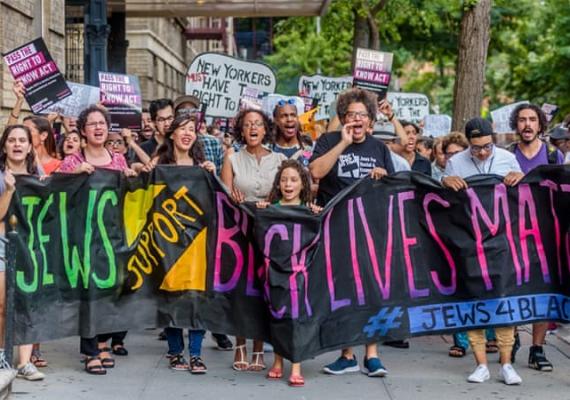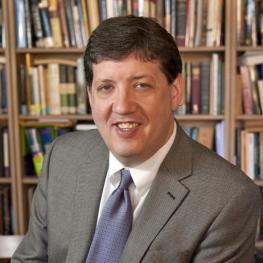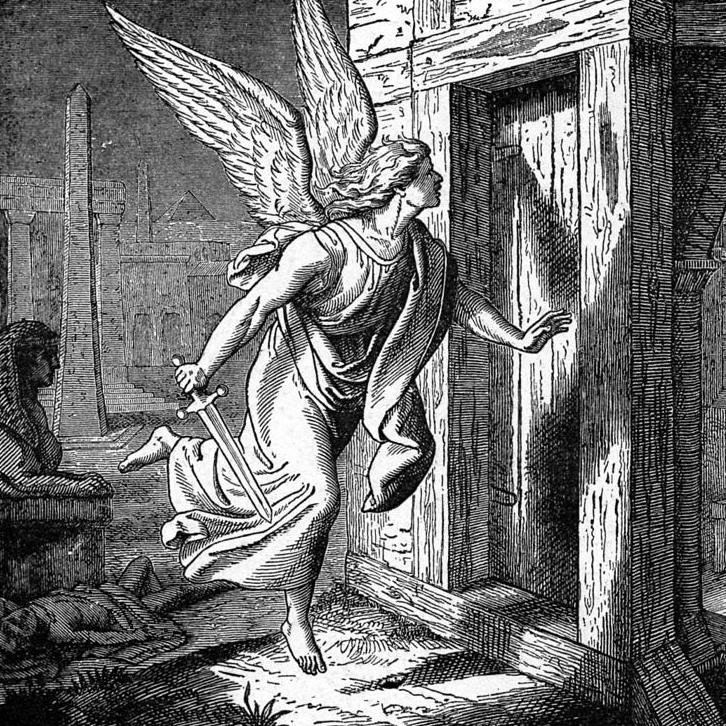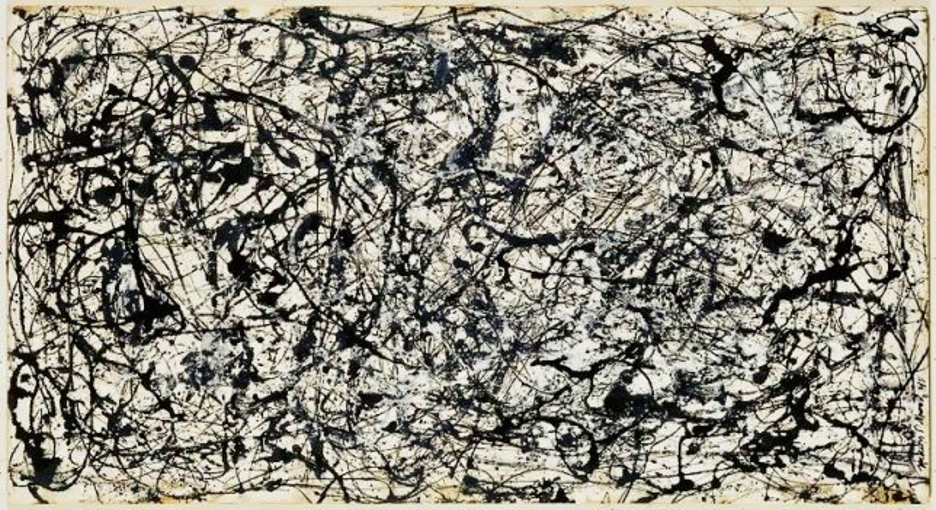Jews and Race-Relations in the 21st Century: Grappling with Tragically Unresolved Questions
Announcing a series that will explore the complex entanglements of race and religion in modern Jewish identity and in the Jews' place in America's racialized culture.

Earlier in July Philadelphia Eagles wide receiver DeSean Jackson unleashed a firestorm of controversy when he posted a quote falsely attributed to Hitler that claimed that Blacks, and not Jews, were the real children of Israel.
The statement references an idea that Blacks are God's chosen people which, as recently underscored by scholar Andre Key, reflects a long-standing religious response to Black suffering within American society. The problem with Jackson's statement is not simply that it negates Jewish self-identity. By imputing the view to Hitler, the statement implied that Jews need to be exterminated for Blacks to be liberated.
Although Jackson himself apologized, other Black athletes and celebrities have also come forward with anti-Semitic sentiments in recent weeks. The former basketball player Stephen Jackson, who was friends with George Floyd and has emerged as a leader in the anti-racism movement now underway, seemed to endorse DeSean Jackson's original statement and suggested Jews controlled all the banks. The actor Nick Cannon was fired from an improv show after a podcast where he traded in anti-Semitic conspiracy theories.
Other athletes like Zach Banner of the Pittsburgh Steelers and the legendary Kareem Abdul-Jabbar of the LA Lakers have responded by expressing empathy for Jews, and by noting how anti-Semitism undercuts the fight against prejudice and discrimination.
But the controversy continues in ways that expose continuing tension and misunderstanding between some Jews and Blacks in the United States.
Anti-Semitism developed in a European context where Jews were seen as non-whites, members of another race. In the United States, in the culture shaped by American conceptions of Whiteness and Blackness, Jewish identity changed: Jews came to identify as White, and to be identified as White, and Jewish-Black interactions have developed in that context. As James Baldwin argued in a famous essay, anti-Semitism within the Black community should be understood as a reaction against White racism more than as a continuation of prejudice that Jews have faced in earlier historical periods. However one explains it, anti-Semitism within the Black community, as is true of anti-Black racism within the Jewish community, has led to moments of conflict between Blacks and Jews at various points in American history, such as the Crown Heights riots that occurred in 1991.
The topic is so enormously sensitive and complex that it will not do to address it in a blog post. Understanding anti-Semitism within the Black community requires an understanding of Black and Jewish experience in the United States. Why do some single Jews out as uniquely responsible for Black oppression? To fully address this question requires study of the history of interactions between Blacks and Jews over several centuries. It also requires knowledge of the overlapping but distinct histories of anti-Black racism and anti-Semitism, subjects that scholars have been researching for decades.
To encourage this kind of deeper understanding, and also as a way to reckon with the legacies of race and racism, the Katz Center will be organizing a series entitled "Jews, Race, and Religion" in the spring semester, beginning in February, that will explore, among other topics, the relationship between Jews and Blacks in the US, Jews' relationship to "Whiteness" as a category of identity, and the relationship between racism and anti-Semitism. The series is meant as a deeper dive into the racialist thinking that has had such devastating consequences for Blacks and Jews in different contexts, and that continues to fuel misunderstanding, suspicion, and animosity.
The talks, featuring scholars of Jewish studies, African American studies, Religious studies, and the comparative study of race and ethnicity, will be online, free, and viewable by the public with registration. More information will be posted on the Katz Center website during the fall semester. The series is cosponsored by the Center for Jewish Ethics at the Reconstructionist Rabbinical College and funded in part by the Campaign for Community led by Penn's Office for the Provost.



